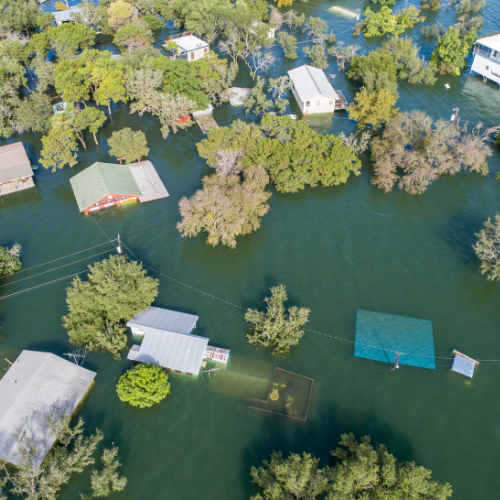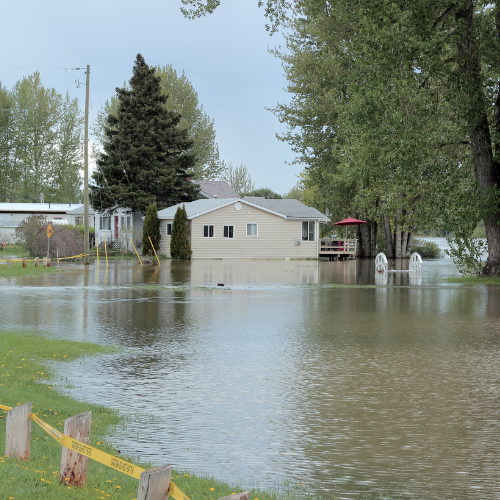Navigating Real Estate Contracts for Small Business Acquisitions
What Every Business Owner Should Know Before Signing

When purchasing or expanding a small business, real estate is often part of the equation-whether it’s a storefront, office, warehouse, or commercial lot. But while real estate can be a valuable asset, the contracts involved can carry major legal and financial risks if not handled properly.
At WFJ, we frequently help small business clients review real estate purchase agreements, leases, and sale-leasebacks tied to business acquisitions. Here’s what you need to know before entering into one of these deals.
Understand What You’re Really Buying
Not all real estate tied to a business is owned by the seller- it could be leased, encumbered, or shared with another entity. Before signing a contract:
- confirm who owns the property
- determine if the business use is allowed under zoning laws
- verify whether any liens, easements, or encroachments exist
Tip: Always request a copy of the title committment and survey during due dilligence.
Review Contingencies Carefully
Purchase agreements should inclue key contingencies to protect your interests, such as:
- Financing Contingency-Gives you the right to cancel if funding falls through
- Inspection Contingency-Lets you walk away if the building has structural or environmental issues
- Zoning/Use Contingency- ensures you can operate the business at that location
Without these clauses, you could be legally bound to complete a bad deal.
Pay Clost Attention to Lease Assignments
If you’re acquiring a business that leases its space, the landlord must usually approve the lease transfer or assignment to you. If the lease doesn’t permit assignments-or if the landlord won’t approve it-you could lose the space entirely.
Best Practice: Have an attorney review the ease terms before the sale and assist with any landlord negotiations.
Be Cautious of Seller Financing and Sale-Leasebacks
Some sellers offer to “carry the paper” (finance the property) or sell the property but lease it back as a tenant. While these can be viable options, they carry risk:
- What happens if the seller stops paying rent or defaults?
- Are the lease terms fair and market-based?
- Is the financing agreement properly secured?
A poorly structured deal could result in unexpected litigation-or leave you holding a property without reliable income.
Protect Yourself with Legal Review
Even the most straightforward real estate deals can involve complex legal language, hidden liabilities, or obligations that follow the property after closing.
Working with an experienced attorney-especially one who understands small business transactions-ensures that:
- the agreement is legally sound
- your liability is limited
- your rights are protected if the deal doesn’t go as planned
The Bottom Line
Real estate can be one of the most valuable assets in a business acquisition-or one of the riskiest. By understanding the key issues and involving legal counsel early in the process, you can move forward with confidence and avoid costly mistakes.









